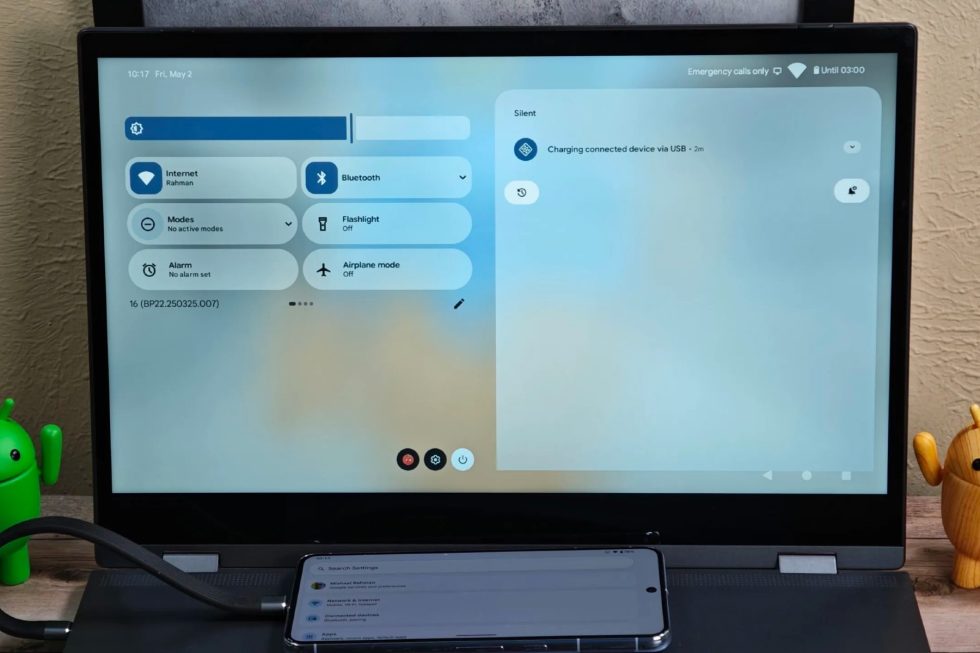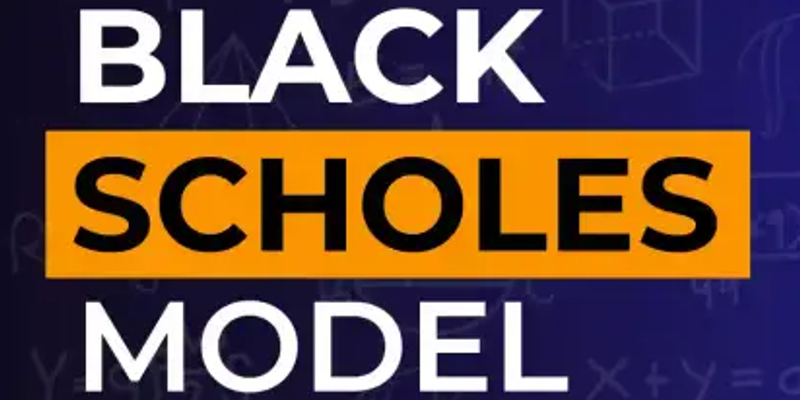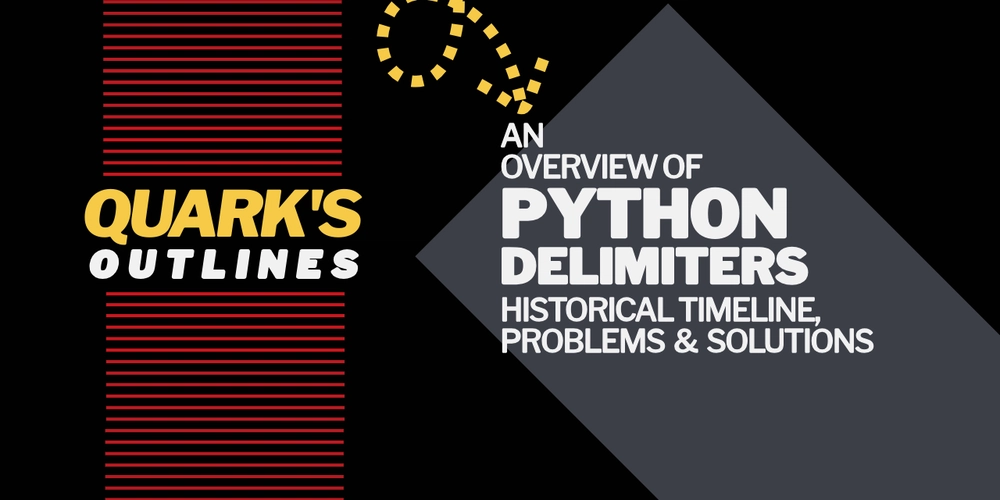Go #010 – Variable Scope and Shadowing: Footguns Explained
Variable scope and shadowing in Go seem simple until they quietly break your logic. Let’s dissect common pitfalls with clear examples and memory visuals. 1. Variable Scope Basics package main var global = "I'm global" // Data segment func main() { local := "I'm local" // Stack { inner := "I'm inner" // Stack (inner block) } } Memory Segmentation +-------------------+ Lowest Address | Code | |-------------------| | main() | // Compiled instructions | package init | // Global var initialization +-------------------+ | Data | |-------------------| | global (string) | // "I'm global" +-------------------+ | Stack | |-------------------| | main() frame | | local (string) | | inner (string) | // Dies at inner block +-------------------+ | Heap | |-------------------| | (empty) | // No allocations here +-------------------+ Highest Address 2. Shadowing with Global/Local Conflict var count = 100 // Data segment func main() { count := 50 // Shadows global (stack) println(count) // 50 } Memory Segmentation +-------------------+ | Code | |-------------------| | main() | // Println logic +-------------------+ | Data | |-------------------| | count (int=100) | +-------------------+ | Stack | |-------------------| | main() frame | | count (int=50) | +-------------------+ | Heap | |-------------------| | (empty) | +-------------------+ 3. Closures and Heap Escape func main() { x := 10 defer func() { println(x) }() // Closure captures x x = 20 } Memory Segmentation +-------------------+ | Code | |-------------------| | main() | // defer logic | closure code | // println wrapper +-------------------+ | Data | |-------------------| | (no constants) | +-------------------+ | Stack | |-------------------| | main() frame | | x (pointer) → | // Points to heap +-------------------+ | Heap | |-------------------| | x (int=20) | // Captured by closure +-------------------+ Why?: The closure outlives main(), forcing x to the heap. 4. Loop Variable Shadowing Fix func main() { var funcs []func() for i := 0; i
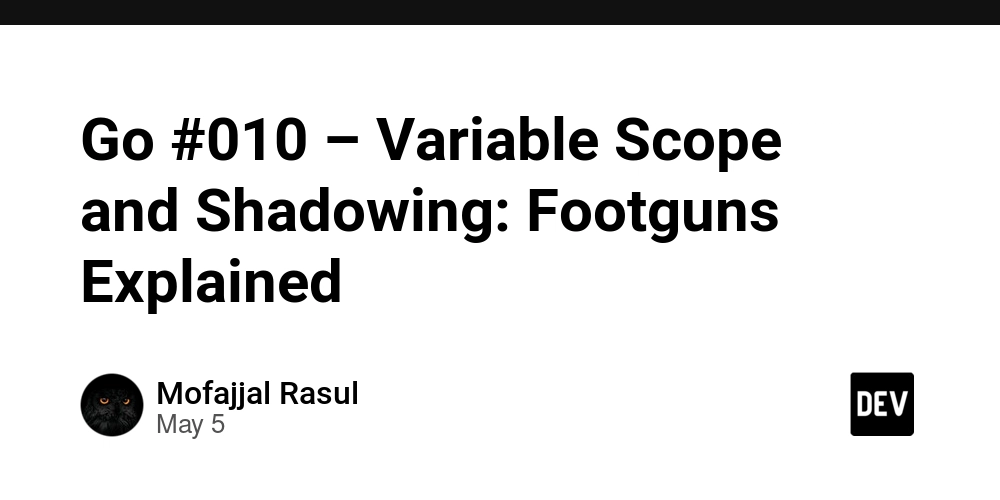
Variable scope and shadowing in Go seem simple until they quietly break your logic. Let’s dissect common pitfalls with clear examples and memory visuals.
1. Variable Scope Basics
package main
var global = "I'm global" // Data segment
func main() {
local := "I'm local" // Stack
{
inner := "I'm inner" // Stack (inner block)
}
}
Memory Segmentation
+-------------------+ Lowest Address
| Code |
|-------------------|
| main() | // Compiled instructions
| package init | // Global var initialization
+-------------------+
| Data |
|-------------------|
| global (string) | // "I'm global"
+-------------------+
| Stack |
|-------------------|
| main() frame |
| local (string) |
| inner (string) | // Dies at inner block
+-------------------+
| Heap |
|-------------------|
| (empty) | // No allocations here
+-------------------+ Highest Address
2. Shadowing with Global/Local Conflict
var count = 100 // Data segment
func main() {
count := 50 // Shadows global (stack)
println(count) // 50
}
Memory Segmentation
+-------------------+
| Code |
|-------------------|
| main() | // Println logic
+-------------------+
| Data |
|-------------------|
| count (int=100) |
+-------------------+
| Stack |
|-------------------|
| main() frame |
| count (int=50) |
+-------------------+
| Heap |
|-------------------|
| (empty) |
+-------------------+
3. Closures and Heap Escape
func main() {
x := 10
defer func() { println(x) }() // Closure captures x
x = 20
}
Memory Segmentation
+-------------------+
| Code |
|-------------------|
| main() | // defer logic
| closure code | // println wrapper
+-------------------+
| Data |
|-------------------|
| (no constants) |
+-------------------+
| Stack |
|-------------------|
| main() frame |
| x (pointer) → | // Points to heap
+-------------------+
| Heap |
|-------------------|
| x (int=20) | // Captured by closure
+-------------------+
Why?: The closure outlives main(), forcing x to the heap.
4. Loop Variable Shadowing Fix
func main() {
var funcs []func()
for i := 0; i < 3; i++ {
i := i // New stack variable per iteration
funcs = append(funcs, func() { println(i) })
}
}
Memory Segmentation
+-------------------+
| Code |
|-------------------|
| main() | // Loop logic
| closure code | // println wrappers
+-------------------+
| Data |
|-------------------|
| (no constants) |
+-------------------+
| Stack |
|-------------------|
| main() frame |
| i (int=0,1,2) | // One per iteration
+-------------------+
| Heap |
|-------------------|
| closures | // Each captures its own i
+-------------------+
Rules to Remember
- Code Segment: Holds compiled instructions. Always present.
- Data Segment: Global variables, constants.
- Stack: Local variables (function/block scope).
- Heap: Variables captured by closures or explicitly allocated.






































































































































































![[The AI Show Episode 145]: OpenAI Releases o3 and o4-mini, AI Is Causing “Quiet Layoffs,” Executive Order on Youth AI Education & GPT-4o’s Controversial Update](https://www.marketingaiinstitute.com/hubfs/ep%20145%20cover.png)















































































































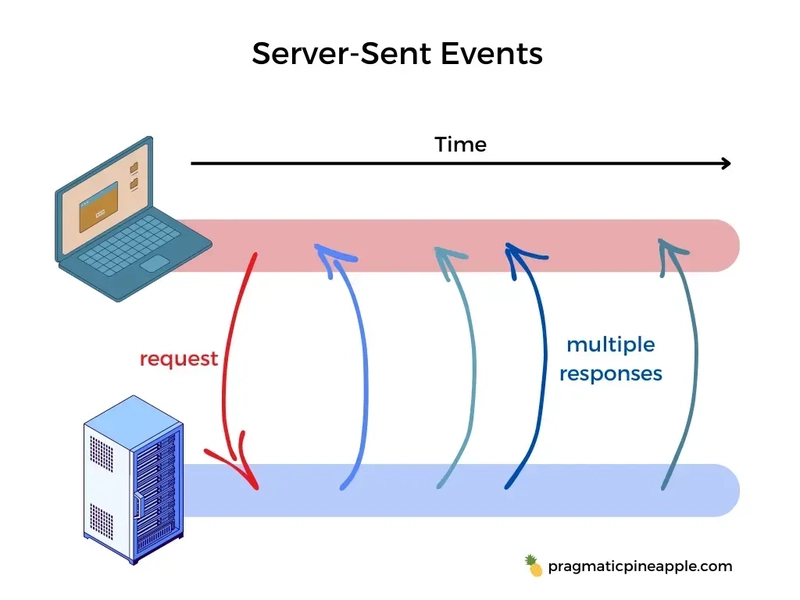



























































































































































_Inge_Johnsson-Alamy.jpg?width=1280&auto=webp&quality=80&disable=upscale#)



















































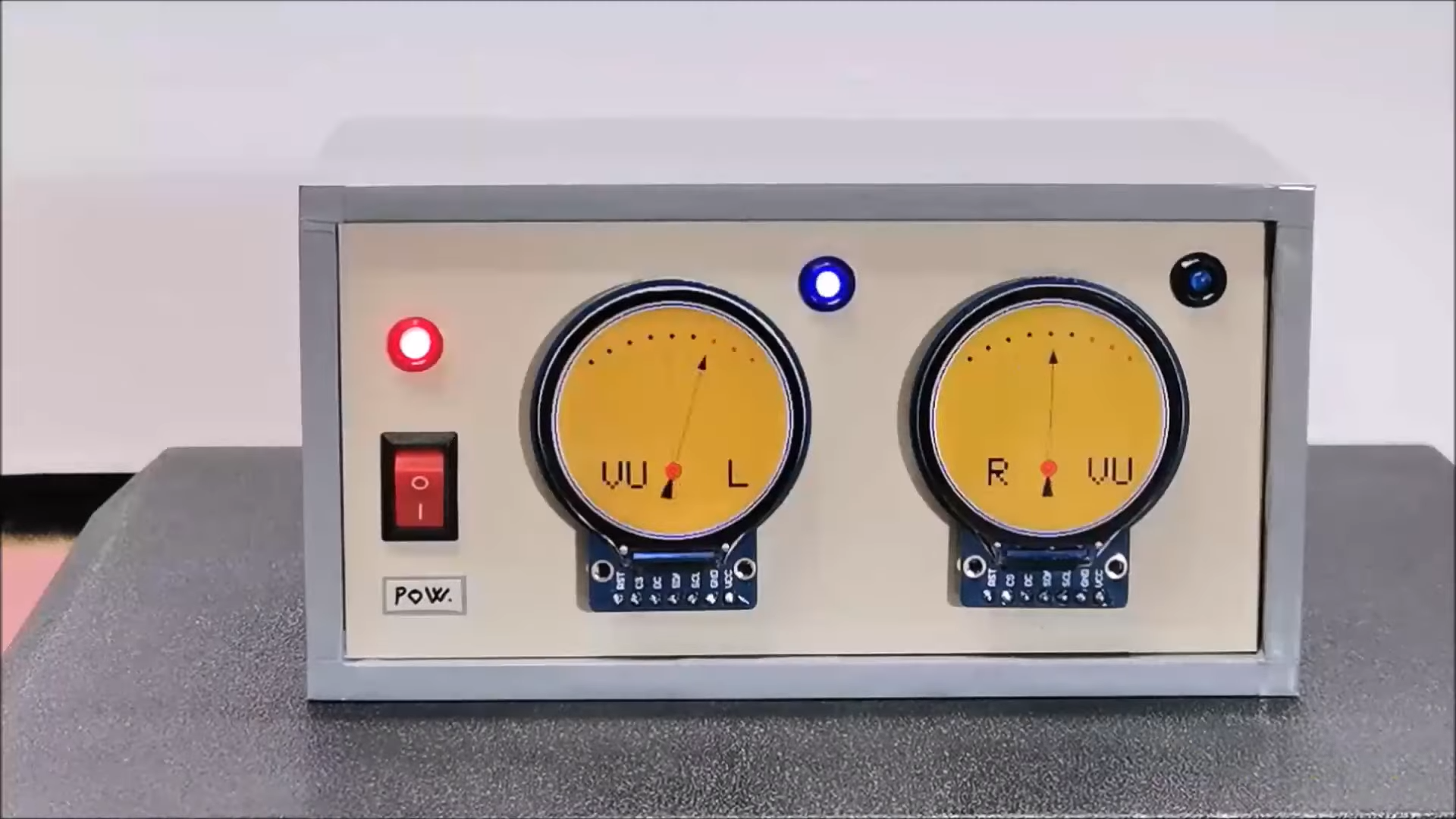






































![Turn any iPad into a gaming display with this one simple trick [Video]](https://i0.wp.com/9to5mac.com/wp-content/uploads/sites/6/2025/05/iPad-as-console-FI.jpg?resize=1200%2C628&quality=82&strip=all&ssl=1)












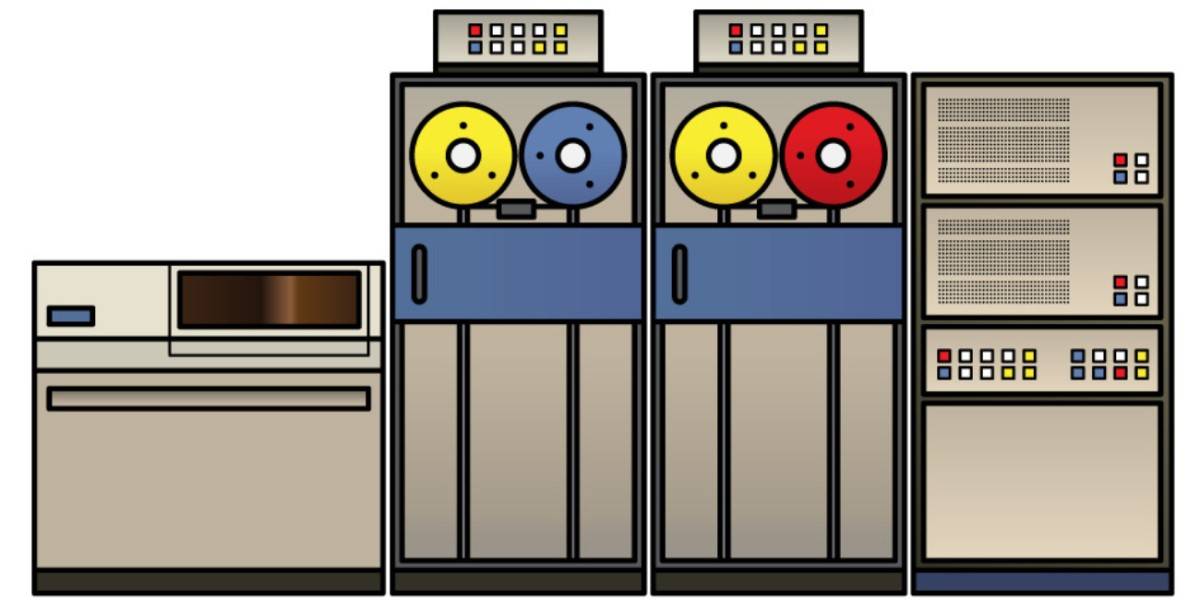


![Apple Shares Official Teaser for 'Highest 2 Lowest' Starring Denzel Washington [Video]](https://www.iclarified.com/images/news/97221/97221/97221-640.jpg)

![Under-Display Face ID Coming to iPhone 18 Pro and Pro Max [Rumor]](https://www.iclarified.com/images/news/97215/97215/97215-640.jpg)
![New Powerbeats Pro 2 Wireless Earbuds On Sale for $199.95 [Lowest Price Ever]](https://www.iclarified.com/images/news/97217/97217/97217-640.jpg)

























